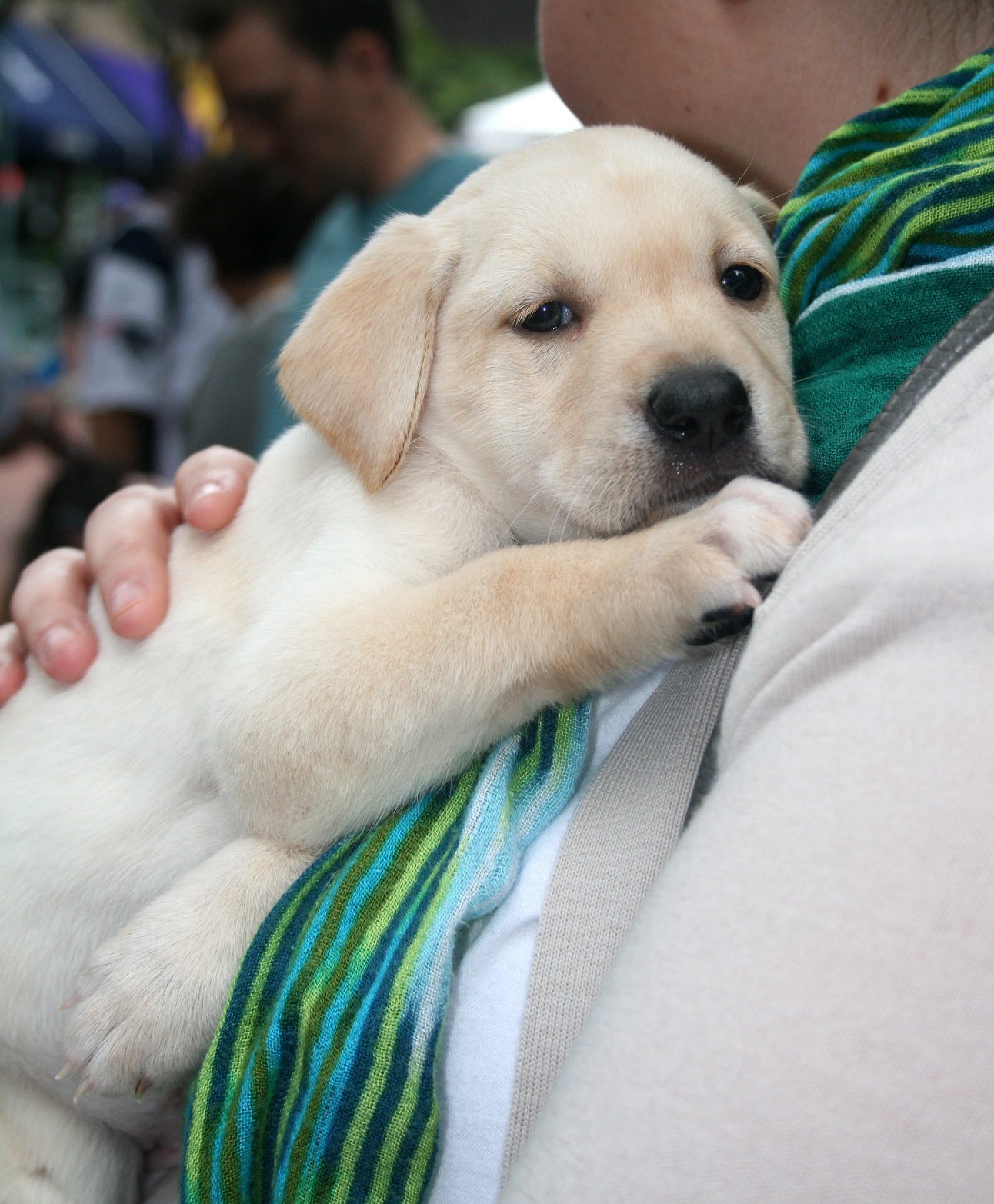As you might know, animals need healthy teeth to survive in the wilderness. Our pets don’t have to fight for their survival, but their teeth are just as important. This is why you might want to schedule a dental cleaning for your cat or dog at the local animal hospital.
Your pet will be screened
Before the anesthetic is administered, the pet will have bloodwork. This is required for all pets three years and older prior to anesthesia. The test checks the kidney and liver functions, blood sugar, and complete blood count. The test is used to determine whether or not the pet is healthy enough to undergo anesthesia. Sometimes the pets also have an ECG, and they might have an IV catheter attached to them so they will be hydrated during the procedure.
The cleaning
Cleaning the teeth happens about the same way as the dentist cleans your teeth, by scaling off tartar and plaque. In the end, the specialist will polish the teeth to remove the rough patches that would promote the development of plaque.
The pet will also have an oral exam
Once the teeth are clean, the dentist will chart the mouth. Each of the teeth is checked for fractures, gum disease, mobility, infection, and cavities. In some cases, pets can develop holes or pits in their teeth that expose the tooth pulp, leading to pain. Then the dentist checks the gingiva, roof of the mouth, lips, and tongue for injuries, tumors, and infection. In some cases, dental X-rays may also be taken to evaluate the pulp and roots of the teeth and the bone around the teeth.
If there is any periodontal disease
This trip to the animal hospital can be used to discover periodontal diseases and to start their treatment. If there is nothing wrong, the dentist applies fluoride foam on the teeth, rinses the pet’s mouth, and wakes them up. However, if there is a loose, infected, or broken tooth, it will be removed surgically. Periodontal diseases aren’t only uncomfortable, but painful as well. By eliminating the source of the problem, the dentist also eliminates the possibility of an infection. Once the extraction site heals, the pet won’t be in pain anymore. They will receive pain medication and antibiotics, and they will be sent home.
Now that your pet’s mouth is clean, you should do your best to keep it that way. You should give them dental treats or brush their teeth daily. The teeth are evaluated on a yearly basis, every time you take the pet to an exam to an animal hospital. Usually pets need dental cleaning every couple of years, but some breeds are more prone to tartar buildup. Visit Website Url for more details.


